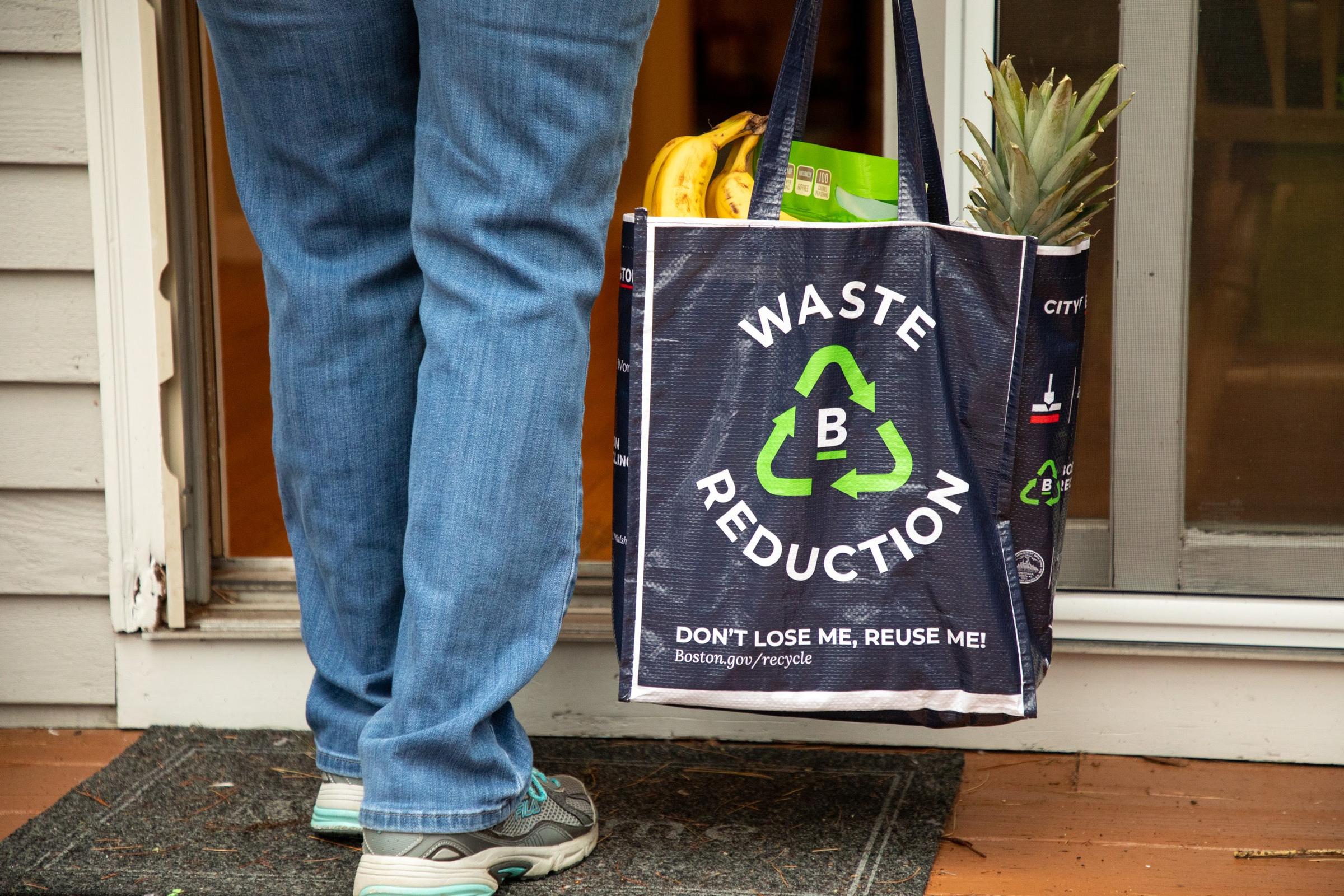Cultural emergency context
This is part of Boston Artist-in-Residence Erin Genia's Cultural Emergency Response project.
A cultural emergency is a state of instability and danger affecting a range of people, places, and events. It stems from the cultural practices and philosophies prevalent in societies. Cultural emergencies are urgent, and often have contributing factors that are difficult to halt. When overlooked, cultural emergencies compound. This increases peoples’ susceptibility to hazards, and limits collective resiliency.
Cultural elements are at the heart of how society functions. The ideas that drive culture determine how our economic, political, and social systems operate. The beliefs that fuel societal progress can also create harm and lead to disasters on a large scale. Understanding the role of culture is necessary for cultural emergency response and prevention.
Declaring a cultural emergency
It is evident that we are in a state of cultural emergency, and people are demanding change. We are seeing how cultural emergencies intensify and create disasters at every level of society. Yet our society is resistant to altering its trajectory. How long can, or should, we go on accepting the harms our culture produces?
There are few effective ways to evaluate, transform, or stop them outside of mass protest movements, violent or nonviolent revolution, war or societal collapse. Without change, the harmful byproducts of our culture grow in urgency and scale, creating crises that need emergency responses. To prevent these crises from growing, we must build cultural transformations into our political, economic and social systems.
Beginning this work
The first step in beginning this work is:
- to see our problems for the cultural emergency they are, and
- recognize that our cultural behaviors are creating harm at a massive scale.
The cultural emergencies we are facing are not new. Often, they are historic, ongoing, and threaten our future. A cultural emergency response requires that we realize our mistakes, learn from them, and change. We already have many tools at our disposal. Many movements, individuals, and organizations have already determined the root causes of our cultural emergency and proposed solutions.
A cultural emergency response can bring these ideas together to create grassroots change. This model can direct resources, streamline processes, and create a roadmap to address cultural emergencies.
Cultural emergency management and planning
To address the most pressing cultural emergencies, we must rework the systems that contribute to them. In my residency with the Office of Emergency Management (OEM), I see how emergency management techniques could be a powerful tool. OEM coordinates many agencies and organizations to address serious problems and save lives. By declaring a state of cultural emergency, the methods used by agencies to respond to disasters can also apply to cultural emergencies. Emergency management protocols work behind the scenes to distribute funding, resources, and people to fix dire issues. They plan and budget for every scenario throughout an emergency to ensure public safety.
This is the kind of effort that we need to address the cultural causes of major emergencies, such as:
- climate change
- institutional racism
- economic inequality
- health disparities
- ecological devastation, and
- Indigenous peoples’ dispossession.
Developing tools
Here is a snapshot of possible steps to take. This list should grow and adapt to provide an approach tailored to community needs. To stop contributing to cultural emergencies, we need to:
- Identify what they are and how they form the basis of laws, policies, and procedures.
- Determine how to create responsive systems, or change existing systems.
- Determine whose cultures and cultural values are prominent, and how it got to be this way.
- Shape a process for performing a “cultural reset” and sustained transformation.
- Develop ways to elevate the perspectives and power of marginalized people.
- Conduct contingency planning and long-term strategizing.
- Enact decolonization processes.
- Enact truth and reconciliation processes, reparations, and restitution for colonization and slavery.
- Develop transparent, responsive and accessible democratic political and economic processes.
- Recognize the rights of the natural world.
- Determine how people working in cultural fields can provide leadership.
- Develop guidelines for supporting communities responding to cultural emergencies.



